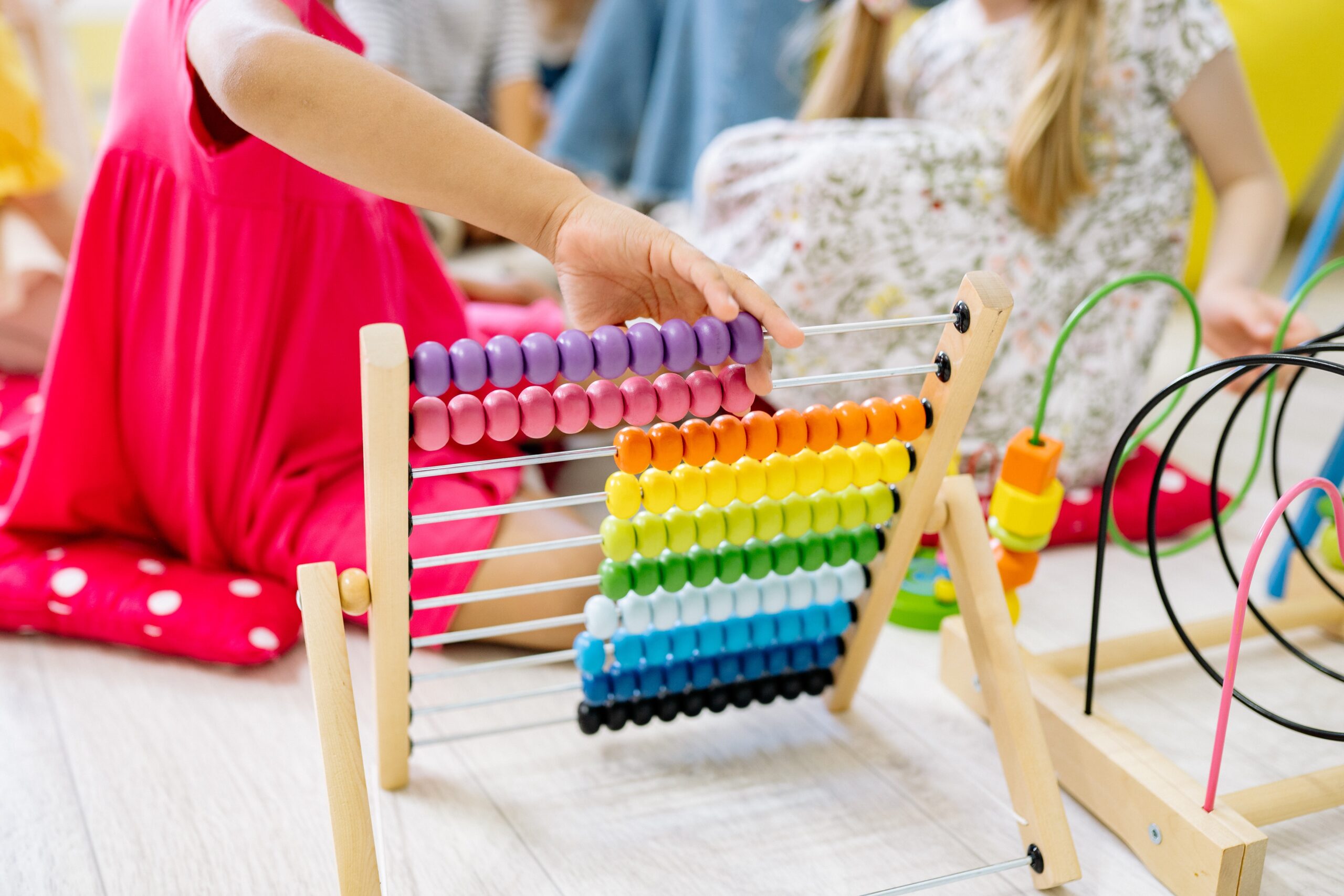 Introducing children as young as three to “foundational math” has benefits that can extend far beyond preschool to other academic subjects.According to a recent publication by (NAEYC) a national organization that works to promote high-quality early learning for all young children,“A child’s math knowledge at the start of kindergarten predicts later academic achievement better than early reading or attention skills . . . Children who are exposed to math concepts at home tend to fare better in school.” In fact, not only does early math predict how students will perform in math in later grades, “It is even a stronger predictor of how students will perform in reading than school readiness in reading!”
Introducing children as young as three to “foundational math” has benefits that can extend far beyond preschool to other academic subjects.According to a recent publication by (NAEYC) a national organization that works to promote high-quality early learning for all young children,“A child’s math knowledge at the start of kindergarten predicts later academic achievement better than early reading or attention skills . . . Children who are exposed to math concepts at home tend to fare better in school.” In fact, not only does early math predict how students will perform in math in later grades, “It is even a stronger predictor of how students will perform in reading than school readiness in reading!”
Academic research validates the importance of math in prekindergarten. Dr. Deborah Stipek, the former dean of the school of education at Stanford University researches the effect of early learning. She maintains that preschool teachers should focus on math instruction because it predicts future success in school. Hands-on activities provide preschoolers the opportunity to enjoy math as games. “Preschoolers are particularly receptive to abstract math concepts that can be incorporated in hands-on activities.” A study conducted almost a decade ago demonstrates “clear and consistent evidence that math achievement at school entry is the strongest predictor of later school success and educational attainment.”
Parents can provide plenty of opportunities for preschoolers to engage in math by counting and with games that focus on patterns, classification, and sequencing. So put away those digital toys and pull out the manipulatives that will enhance math learning!

